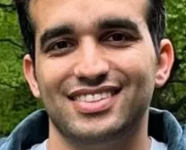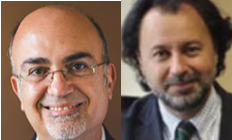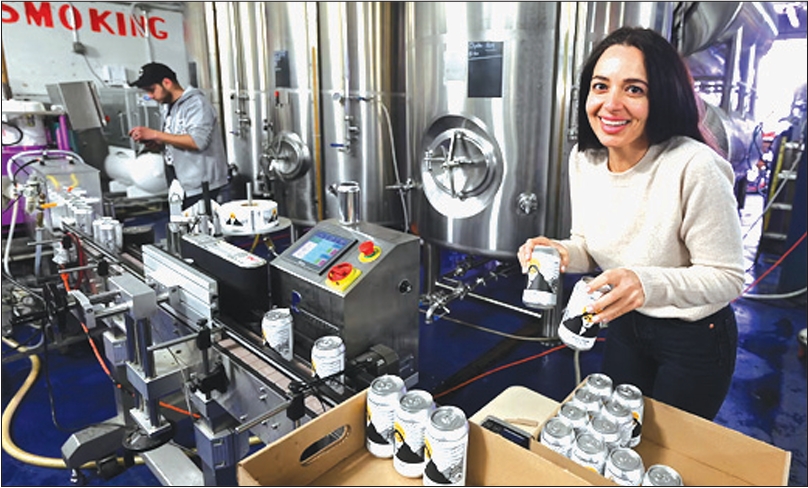Mansour Leghaei tried to get a residence visa, but his application was denied because the Australian Security Intelligence Organisation (ASIO) issued an adverse assessment of him in 2002 and again in 2004.
Despite character references from people such as Federal Attorney General Robert McClelland, who in 1997 described the cleric as an asset to the Australian and Muslim communities, Leghaei still cannot rid himself of ASIO’s dark mark. At the time he wrote the reference, McClelland was an opposition backbencher.
If deported, Leghaei’s wife and eldest son will have to follow him. His other three sons were born in Australia and can stay.
Supporters in an inter-faith religious council are incensed that ASIO would not re-consider its negative assessments.
“They made a negative security assessment of him 13 years ago, and they’ve known about him for 13 years,” Reverend David Smith from Sydney’s Holy Trinity Anglican Church, said. “How seriously do they take his threat? They know he’s not a serious threat,” he added, reported ABC Premium News.
Professor Alan Coates said he does not want to lose someone who encourages inter-faith dialogue.
Last month, the Migration Review Tribunal denied Leghaei a residence visa because they said they could not overrule ASIO’s assessment.
ASIO is not required to disclose the reasoning behind its assessment.
Father Gwilym Henry-Edwards from St. Luke’s Anglican Church in Sydney said the cleric has been denied human justice. “He hasn’t been able to see what charges have been laid against him or defend himself,” he said.
Leghaei has always maintained his innocence and has fought ASIO’s ruling for over a decade. “For the past 12 years, I was told that I am a risk to national security and I’ve been living here peacefully for more than a decade,” Leghaei said in a 2007 interview with the Australian Broadcasting Corp.
























